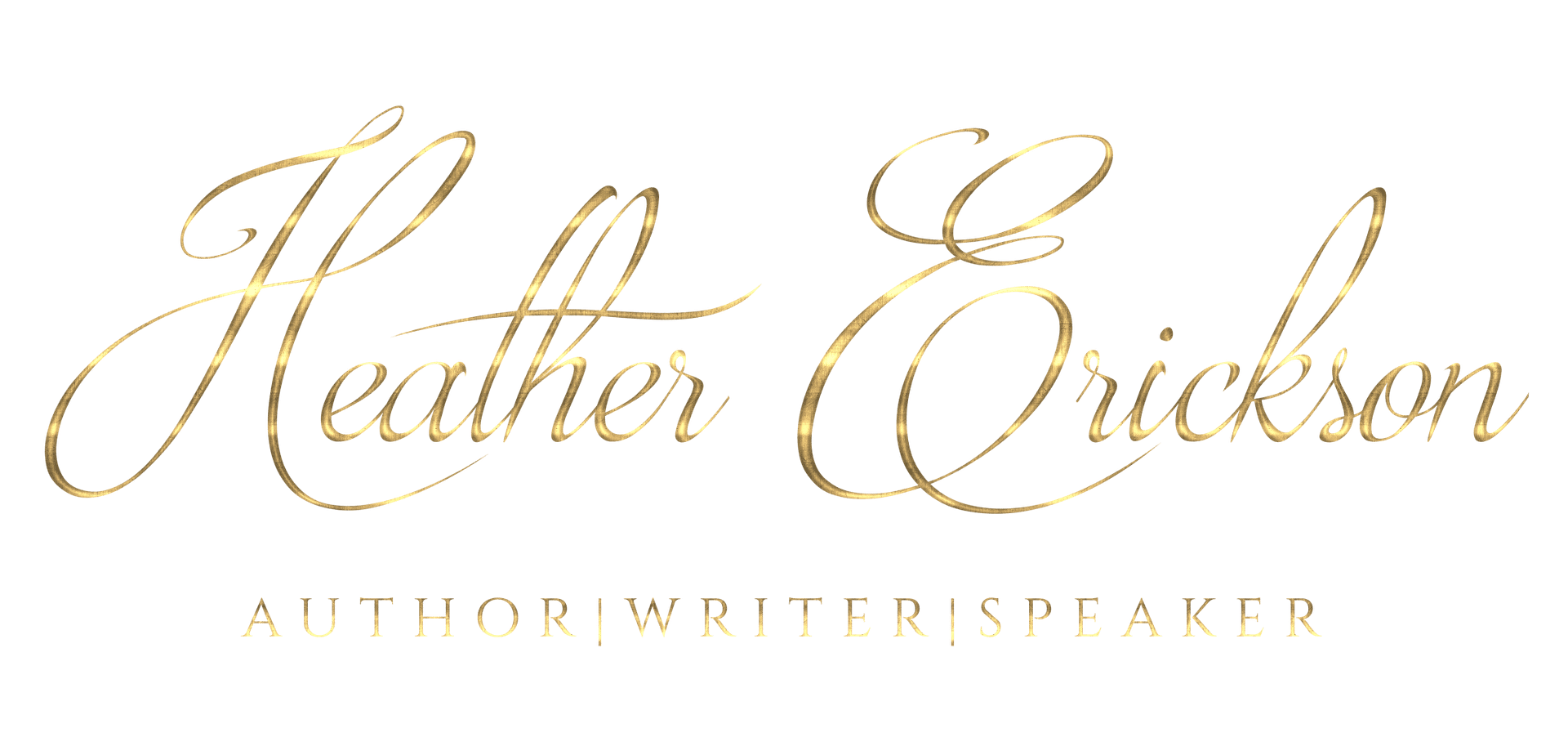
Writing a review doesn’t have to be intimidating. All you’re really doing is sharing your opinion about a book, product, or service. Today we’re going to look more in-depth at how to write a book review. We will look at the different styles of book reviews you can write. Some people use a variety of styles, depending on how they feel about the book they are reviewing. Others prefer to stick with one style.
How to write a book review at it most basic
We have all seen book reviews that say, “I loved this book! The characters were great.” Or, on the negative side, “Don’t waste your time with this one. Boring!” Short opinions like these do count as reviews. And, along with several other similar opinions about the book, they can have an impact on whether or not other consumers choose to buy it. With short reviews like these, the number of stars the reviewer assigns will also have an overall impact on the book’s reputation. The drawback to these basic reviews is that they don’t add depth to the information the consumer needs as they try to make an informed purchase.
Reviewing the Seller vs. the Book
Problems with delivery of the book should not be reflected in the number of stars you assign the book itself. It isn’t the author’s fault if Amazon or another bookseller sends you the wrong book or delivers it slowly. Those types of issues should be taken up with the seller. Also, there are often ways to review a seller, separately from the book, itself. The book review is intended to give your opinion about the book, alone.
On the other end of the spectrum: A Literary Critique
A literary critique is the most complete, formal review you will find. This is the kind of report you would write in an English Lit. class in college. This review is going to analyze the book’s themes, characters, and plot points. It will include spoilers, so be sure to warn readers in advance. If your review is a positive one, your job is to make this critique so amazing that the reader will still want to read the book even though you have basically told them the entire story in your review. That’s a pretty tall order.
On a technical level, your review must be error free. The spelling and grammar must be spot on. The higher the standard to which you hold the book you are reviewing, the higher the standard will be to which your readers will hold you.
Have a clear goal/point to make, and keep it in mind throughout your review. Introduce the book and give a thorough summary of it. Analyze the characters, the plot, and setting. What was the language like? Was it flowery or spartan? Did you like the book? Why or why not? Who would like it?
A Book Report
A review is not a book report. Book reports are basically proof that you have read the book. The information contained in them isn’t much different from what’s in the synopsis on the sales page. For that reason, I would steer you away from this type of writing. Instead, I would suggest the most helpful type of book review…
An Informal book review
When thinking about how to write a book review that is most effective, consider how you would recommend a really good restaurant or conversely, how you would warn someone off of a poorly performed play. Your book review can be a lot like that type of conversation.

No Spoilers
Keep in mind that unlike the literary critique, you don’t want to spoil the ending or any other surprises the author included in the book. For example, I recently read a book where the author masterfully messed with my head (and the heads of all of his readers) by making us fall in love with the characters. Then half-way through the book, we learn that they are all living a lie (although they don’t all know it). When they find out, what are they going to do about it? The 2nd half of the book answers that question. I was so completely tickled by the way the author pulled this off. I never felt lied to or cheated. It was more like watching a magician perform a brilliant illusion.
This is something this author has done before, although in a different and unique way. Because I have such high regard for the author, I would buy any of his books without even reading the sales page. In fact, that’s exactly what I did with this one.
My job as a reviewer is to convey my enjoyment of this book without stealing that experience from other readers. It’s so disappointing to be reading reviews only to have some jerk give away the ending. Don’t be that jerk. And if you must, be sure to write a spoiler warning well in advance.
Some basic questions to answer
When considering how to write a book review, think about the feeling you were left with once you finished reading the book. Do you feel like you just went on an amazing vacation that you can’t wait to tell all of your friends about? Are you a little sad it’s over? Those are great indicators of a good book. Are you glad to be done so you can move on? Was the book more like a chore to get through? This is a good sign that the book was slow or uninspiring. Once you’ve got a handle on the overall feeling the book gave you, you can tell your reader why you felt that way. I would encourage you to take a little time to think about it, especially if it was a good book worthy of extra time and effort.
How to write a Book Review: Use a Template
One of the best things you can do is to use a template to help you with your book reviews. Next week I will share the template that I like to use. I can choose to omit any questions which don’t apply to the book I’m reviewing, and even change the order of them. This template is a way to jog your memory. Then, use the answers to the questions to write a logical review that flows well and gets your opinion across.
Check out my review of The Common Rule for an example of how to write a book review for a nonfiction book.
The Stranger Inside is an example of how to write a book review for a novel.
Warnings
Always let readers know if there is content in the book by which they might be offended. For example, is the language coarse? Is there explicit sexual content or violence? Does the book include scenes of abuse? These warnings can help other readers decide for themselves whether or not the book is for them. After all, that’s the goal.
What Are YOUR Thoughts?
Is there anything you especially like to see in a review? I’d love to hear in the comment section, below. I appreciate my readers as well as the writing community. To show that appreciation, I use Comment Luv. Just leave a comment below and your latest post will get a link next to it. Thank you!
About Heather Erickson
I am an author, writer, and speaker and homeschooling mom of 3. Since doctors diagnosed my husband, Dan with stage IV lung cancer in 2012, I’ve focused my writing and speaking on helping cancer patients and their families advocate for themselves and live life to the fullest, in spite of their illness. My goal is to help people face cancer with grace. My books are available at Amazon.com:
Facing Cancer as a Friend: How to Support Someone Who Has Cancer
Facing Cancer as a Parent: Helping Your Children Cope with Your Cancer
I also blog about living with cancer at Facing Cancer with Grace.

10 comments on “How to Write a Book Review: The Basics”
Jacqui Murray
February 27, 2019 at 10:46 amGood summary, Heather. I hate those reviews that complain about delivery. Not my fault! And spoilers–oh my. You hit all the high points.
heatherericksonauthor
March 4, 2019 at 12:19 pmHi Jacqui. It’s so disappointing to look forward to reading a book, only to have a reviewer spoil it by giving away the plot twist or ending. I recently wrote a book review and struggled to explain why I gave the book an unfavorable review because it was the ending that upset me. I didn’t want to give away anything about the ending in case someone still wanted to read it. I think some reviewers decide that if they don’t like a book then they no longer need to be concerned about anyone else who wants to read it. People may still want to check it out. have a great week!
Liz A.
February 27, 2019 at 12:21 pmBook reviews that tell me why they’re rating it that way are the most helpful. Sometimes someone hates a book for a reason I would love it, or vice versa. Those are the the best. Then there are those that are ticked for some reason, but they don’t tell us why. Those don’t help at all.
heatherericksonauthor
March 4, 2019 at 12:23 pmHi Liz. You are completely right. I remember talking to a dear friend who told me that she can’t stand books with multiple POVs. I personally love them. I often feel like they add a different dimension to the story. When I review, I try to simply give that sort of information without adding my opinion. I give my overall impression of a book and then the facts of various things about the book. this is why I love to use a template as a guide when I write my reviews. Is the language flowery or straight forward? Is there anything unique about the format? etc.
jacob noah
January 7, 2020 at 3:36 amThe book review is important for writers to know how readers respond to his work. An author should know how to write a book review to interact with another author. Thanks for sharing the basic tips to write a good review.
heatherericksonauthor
January 10, 2020 at 1:39 amThank you, Jacob. You’re right! Reviews not only let potential readers know what you think of the book but the author. It’s important to be honest, but tactful-not brutal. Any and all criticism should be constructive. This takes practice. Every day I write at least one review. Some are for books and others are for products. In this digital age, reviews are being relied on more than ever.
UAE book Publisher
January 8, 2020 at 12:43 amAs a reviewer, we should be clear with the purpose of a book review. A review is something that really matters and can emphasis readers to pick this book for next read or not.
Hook the reader with your opening sentence. Review should be clear in any way, did it grip you to continue reading? It makes you cry or laugh? It should be straight and clear with the reasons why its good and why not.
heatherericksonauthor
January 10, 2020 at 1:44 amHi UAE. Yes! A review that says “loved it,” or “Hated it,” means nothing. WHY did you have that response? One person may love a book full of romance and lots of characters. Another reader may prefer a more cerebral book with only a couple of characters that we get to know deeply. By telling the readers what you liked (or didn’t) and why you allow them to make their own decision with some basic facts. Of course, never spoil the book.
Pandora
April 21, 2020 at 1:30 pmThanks for this! Very interesting read. It’s always hard when you are head-down and writing a review to think about exactly what should be covered. I prefer the informal approach – the luxury of writing for a blog rather than as a journalist I guess. But I am always looking for tips and ideas on how to improve my book reviews! Thanks again 🙂
heatherericksonauthor
May 17, 2020 at 5:54 pmHi Pandora. Your site looks great! Is there a way to “follow” it?